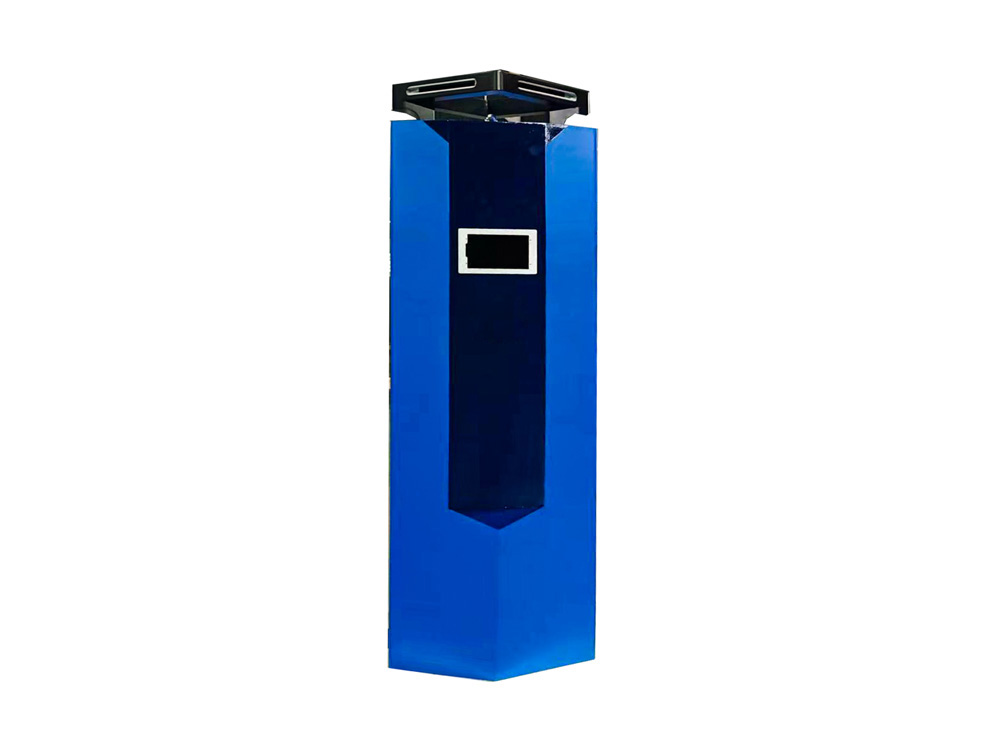
 Introduction
Introduction
The thickness of the charging pile casing has a significant impact on performance, which is mainly reflected in the following aspects:
1. Mechanical strength and service life
Mechanical strength: Thicker cases generally have higher mechanical strength and are better able to withstand external impacts and pressures, protecting internal electrical components from damage. This is crucial for the stable operation of charging piles in complex environments.
Service life: Appropriate thickness design can extend the service life of the charging pile. A case that is too thin is prone to deformation and damage, thereby shortening the overall service life; while a case that is too thick may increase strength, but may also cause unnecessary costs and heat dissipation problems.
2.Heat dissipation performance
The charging pile will generate heat during operation, and the thickness of the casing will affect the heat dissipation. If the case is too thick, it may cause internal heat to accumulate, affect the normal operation of electrical components, and even cause safety hazards. Therefore, when designing the thickness of the casing, heat dissipation requirements need to be fully considered to ensure that the charging pile can operate within a safe temperature range.
3. Anti-corrosion ability
For charging piles that are often exposed to outdoor environments, corrosion resistance is an important indicator. A thicker casing may be more resistant to corrosive media, but factors such as the thickness and material of the coating also need to be considered to further improve the anti-corrosion performance.
4.Electromagnetic shielding performance
As an electronic device, charging piles need to have certain electromagnetic shielding properties to prevent electromagnetic interference. The thickness and material of the casing will affect the electromagnetic shielding effect. Generally speaking, metal casings have better electromagnetic shielding performance, but the specific effect needs to be comprehensively considered based on thickness, coating and other factors.
5. Cost considerations
The thickness of the casing will also directly affect the manufacturing cost of the charging pile. An overly thick casing will increase material costs and processing difficulty, thus driving up the overall cost. Therefore, when designing the thickness of the casing, it is necessary to reduce costs as much as possible while ensuring performance.
To sum up, the thickness of the charging pile casing has an important impact on mechanical strength, service life, heat dissipation performance, anti-corrosion ability and electromagnetic shielding performance. When selecting and designing the thickness of the charging pile casing, comprehensive considerations and trade-offs need to be made based on factors such as specific usage scenarios, environmental conditions, and performance requirements. At the same time, you can refer to relevant standards and specifications as well as the design of mainstream products in the market to formulate a reasonable thickness plan.










